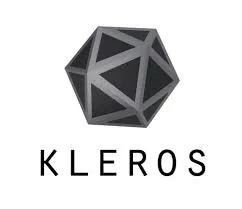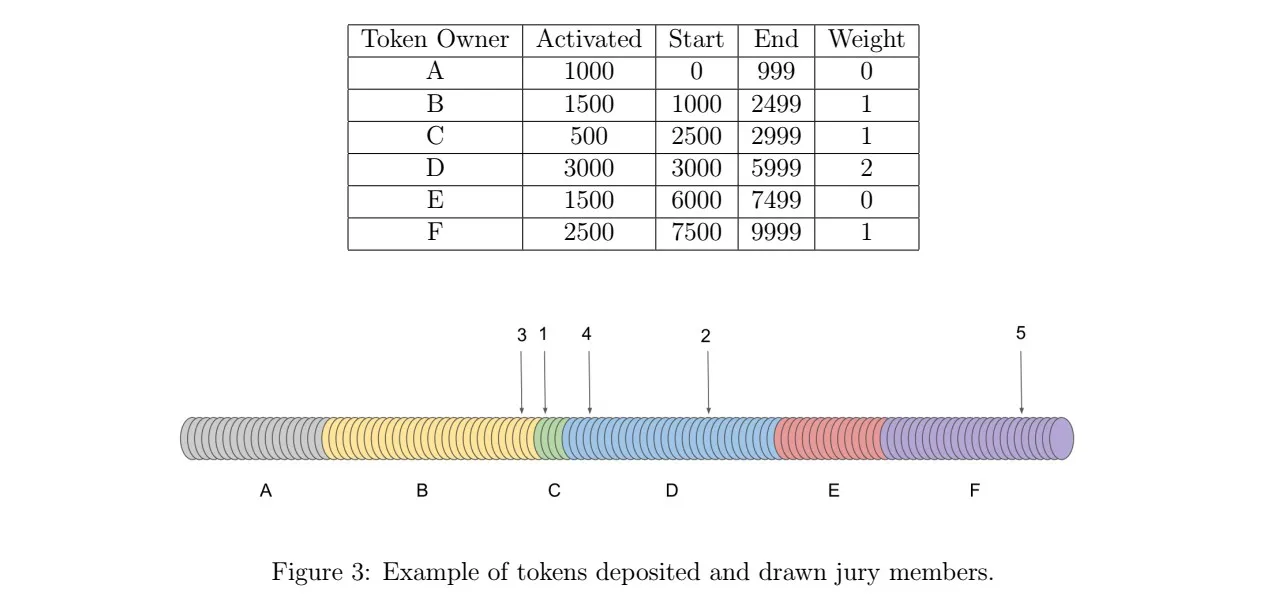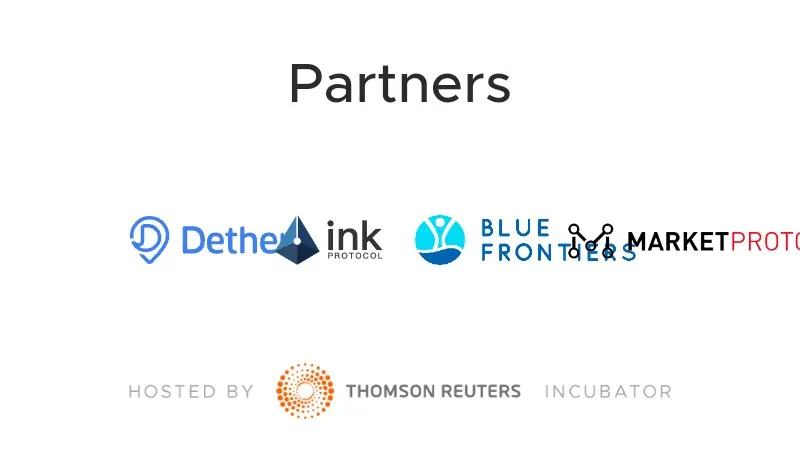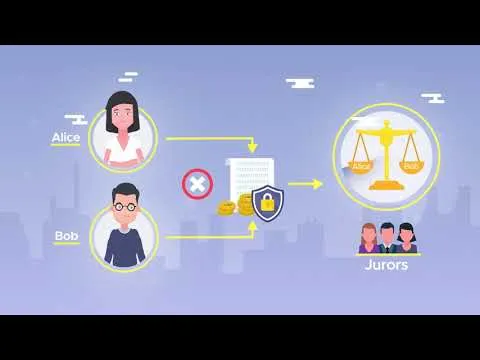
The place of dispute in today's world
Dispute is a controversy between two or more parties. It is an inevitable phenomenon as it is a product of individual differences which on the other hand is constant.
Disputes may be less intense natures like controversies between children over toys or may be of more serious or dangerous levels like the popular "Crimea" territorial dispute or the historial Hitlerian dispute that lead to the great World War II.
Since the advent of technology and digitization, dispute has not only been limited to real world situations, but has also extended to digital platforms, online transactions are on the increase daily. Although decentralized platforms utilize smart contracts which are capable of automating programm execution but are incapable of giving out subjective judgements or incorporate blockchain-unrelated cases.
1.2 Current dispute resolution solutions and their demerits
Although there exist dispute resolution technologies, this technologies are too slow, too expensive and unreliable for blockchain disputes which operate in real time.
*what if there was a blockchain based platform, a decentralized service that is able to connect disputing peers to experts of the same field and through the smart contract established by parties involved, this experts are given the right to vote fairly on who is at fault in a dispute
1.3Kleros
Kleros is a Ethereum-based decentralized decision protocol for a multipurpose court system, working as a decentralized third party to resolve disputes of all kinds.
2.0Technicalities
Kleros utilizes unique mechanism to achieve it aim, they are briefly described below:
2.1Former Scheilling Coin Mechanism
This is a protocol from which the Kleros incentive mechanism is modified from.
German philosopher and game theorist Thomas Scheilling postulated the Scheilling point hypothesis, this idea forms a protocol that arises when communication is impossible yet ensures cordination of parties involved. This concept aided Vitalik Buterin founder of etheruem to propose establishment of Scheilling coin which is created to accompany incentives with true and fair testimonies.
In a simple example as laid down by the whitepaper: to know if it rained in Paris, possesors of Scheilling coin are asked and allowed to vote elements of the majority set receive incentives of 10% of their coin worth and the minority are charged 10% (Incoherency). The advantage of Kleros's incentive mechanism over the former Scheilling coin mechanism is a slight modification regarding scaling.
2.2Project Description
2.2.1 Arbitrated contracts
All contracts to be ruled by Kleros must include the involvement and service of Kleros as third party arbitrator in smart contracts in case of dispute. Parties involved in such contracts determine how many experienced adjudication called jurors and which sub court will rule their dispute
Options for expert adjudicators (jurors)
Contract eneterd by transacting parties specify conditions for ruling and the options available to be voted by jurors, commands after ruling is specified by the original smart contract and may take the form:
- Reimburse party( Funds are refunded to A's address)
- Give party B extra periods to meet up contract terms, this suspends current disputes for time specified by contract option.
- pay party B (funds are transferred to party B's address):
Privacy
Privacy of disputing parties and dispute is very important, Kleros tackles the issue of privacy by not including natural language contract and voting labels on the blockchain by assymetric encryptions, parties verify that the hash submitted corresponds to what was received, hence nature of disputes, Vote of jurors and verdict established are of very high privacy.
2.2.2 Drawing jurors
System token (Pinakion)
Users have interest choosing to serve as jurors using a token called Pinakion (PNK), they get arbitrator fees for every good work done. The amount of tokens deposited by a user determines his probability to be chosen as juror for a particular case.
This token plays important roles on the platform, which include:
- Protecting the platform from Sybil attacks("An attack that subverts a reputation system by forging identities in peer-to-peer networks" English dictionary). This prevents fraudsters from creating multiple addresses to be of high probability of being selected, hence controlling the adjudication system.
- Incentivizes jurors to decide honestly, incoherent loose part of their tokens to the coherent ones.
Jury selection
The amount of PNK deposited determines the probability of being chosen to be a juror for a case, after personal and specific selection of courts and deposition of tokens, it would theoretically mean that Mr. A with more PNK deposited would often be invited to the jury, but this is prevented practically by the voting weight principle, the number of times a juror is drawn for a dispute,this in the other hand determines the number of votes he will receive as well as amount he would lose or receive. The jury is picked at random following this protocols.
An illustration

Random number Generation
This is a very important mechanism required to draw jurors without manipulations, random numbers are generated using a sequential proof of work protocol.
Through the following steps: initialization, computing the master random value, getting results on blockchain and getting random values, the platform generates random numbers as an output, without this malicious users would establish self dispute and explain disputes to make their votes coherent, In other to make others incoherent and gain Incentives from them. This method is slow for some subcourts with less service sessions, Kleros is working to provide a less secured but faster random number generator based on threshold signatures.
For more technical info view whitpaper
Votes
After careful analysis of evidence, jurors vote one of the options as provided by the smart contracts, the votes are irreversible and invincible to other assigned jurors and parties involved, until the end of the exercise where all jurors reveal their post and those who fail to do so are penalized, there exist possibilities of jurors to declare that the voted for an option but can't say why. The Kleros scheme ensures that if votes are to be revealed, they are done in two ways.
For more information watch this intro video
My video presentation
Team/Advisors



Partners

kleros website
kleros whitepaper
kleros medium
kleros YouTube
kleros telegram
kleros twitter
kleros github
kleros forums
Here is my entry for @originalworks writing contest, click to join
Here is the link to my tweet
https://twitter.com/Dickson65409562/status/1032097059661393921?s=20
- Dickson65409562
klerotwitter
Kleros2018

